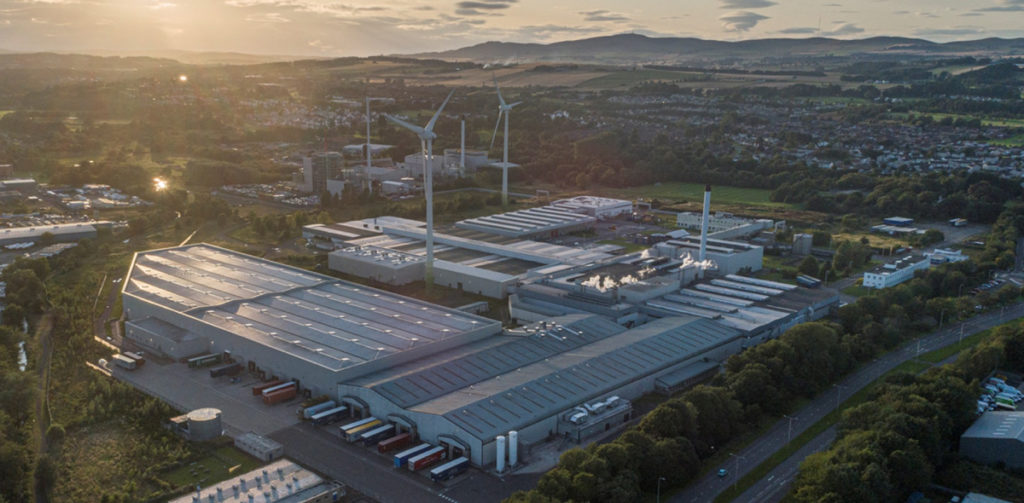As governments introduce legislation to cut greenhouse gases, nurture renewable-energy resources, reduce industrial waste and promote biodiversity, tire manufacturers are regenerating existing plants and building greener factories to meet regulations.
For example, at its 300-acre production and testing facility at Bhuj in northern India, Balkrishna Industries Limited (BKT) can manufacture 120,000 tons of tires annually. The plant’s units have the latest compound mixers, equipment for producing steel rings, and modern vulcanizing presses. There’s even a state-of-the-art research and development center and a six-track proving ground.
“We adhere to the strictest international parameters on production, quality control, and environmental regulations, including the European REACH Directive on using sustainable raw materials,” says Dilip Vaidya, BKT’s president and director of technology. “We’ve also planted 50,000 trees in Bhuj to offset the plant’s carbon footprint.”
The off-highway tire manufacturer has also signed an agreement with US bio-tech corporation Kultevat to explore the wider use of TKS dandelion, a species of dandelion native to Kazakhstan. The plant has the potential to be used in the production of high-quality rubbers used in the manufacturing process.
“The agreement with US corporation Kultevat will see us use green technology, particularly during the extraction of rubber from the roots of the Russian dandelion, which could soon rival traditional rubber from trees in Southeast Asia.”
All studies, analyses, experimentation and testing will be carried out at BKT´s Suresh Poddar Innovation Hub research and development center, which sits within the company’s Bhuj Bhuj production site in India.
Meanwhile, in the UK, big manufacturers such as Michelin have been reacting to the pressure from competitors in Southeast Asia to reduce running costs and improve efficiency. With this in mind, Michelin’s former Dundee plant introduced quality breakthrough programs to engage the workforce on every level, refine their processing techniques, reduce and then process waste, and cut their carbon footprint.
“We reduced the plant’s energy consumption by more than 40% simply by managing leaks, addressing inefficiencies, and shutting down idle equipment,” explained former factory manager John Reid. “We also reduced material consumption and managed to recycle 100% of all waste so nothing went into landfill. We then switched from gas to heavy fuel oil for our boilers and built two 2MW wind turbines, which met all of our electricity demands on breezy days and 25% annually.”
Dundee Council also built a waste-to-energy incinerator beside the factory, and Reid oversaw a program to utilize all of the plant’s excess steam. Michelin then targeted the logistics side of the operation.
“By refining our packing processes, we optimized loads and reduced the number of truck journeys by 16%,” Reid added. “We also built a new warehouse that was designed to take a 1MW solar array. The facility allowed us to store tires for longer and deliver mixed loads direct to customers rather than the tires simply going from warehouse to warehouse across Europe.”
These changes were expected to make the Dundee site the world’s first zero-carbon tire factory by the second half of 2020. Unfortunately due to various factors, the facility was forced to close in March 2020, earlier than its planned date in June. The facility, which has now been transformed into the Michelin-Scotland Innovation Parc (MSIP) and will focus on sustainable transport and low carbon energy, is a perfect case study of an eco-friendly factory design.
More on eco-friendly factories can be found in the July issue of TTI.



